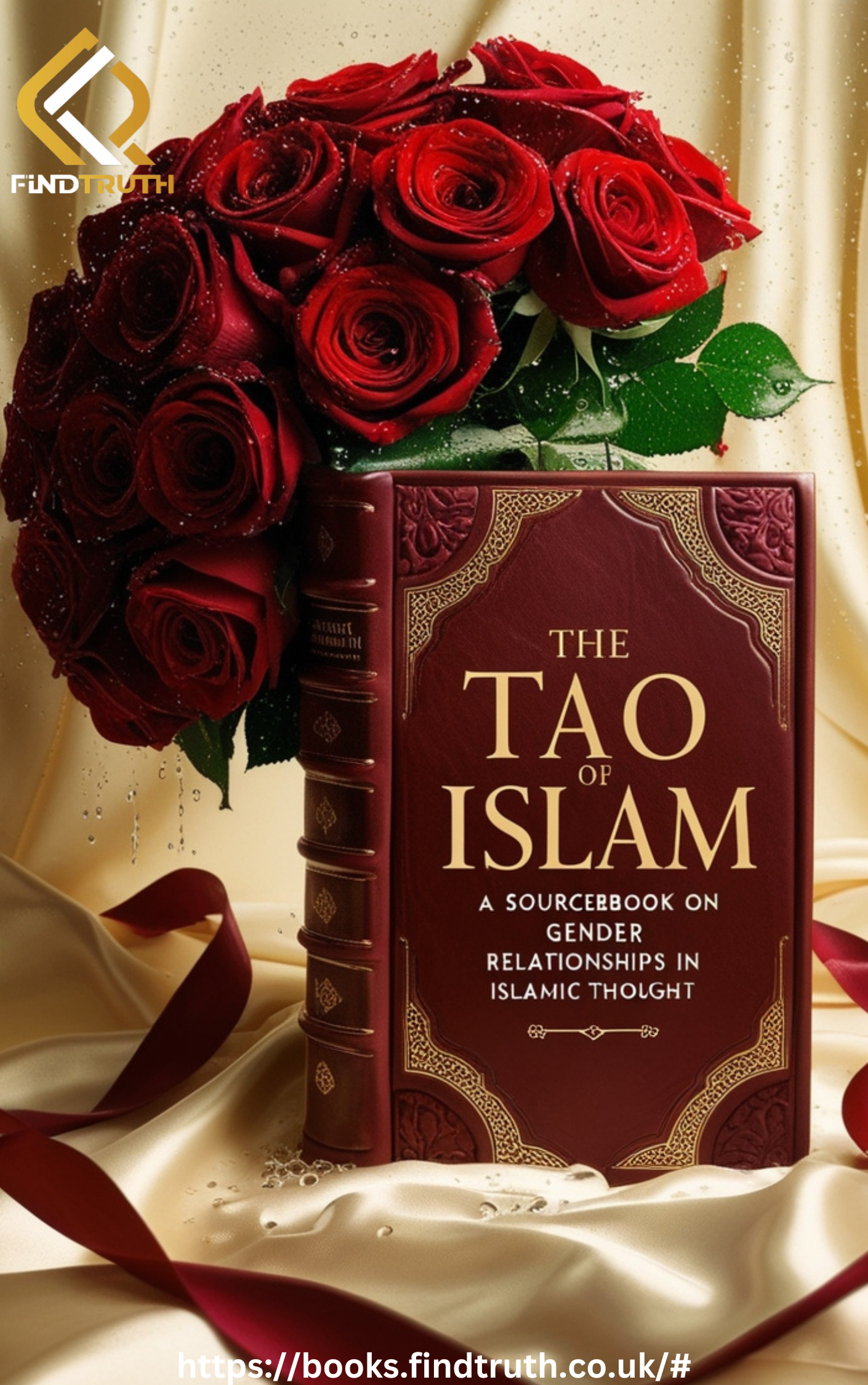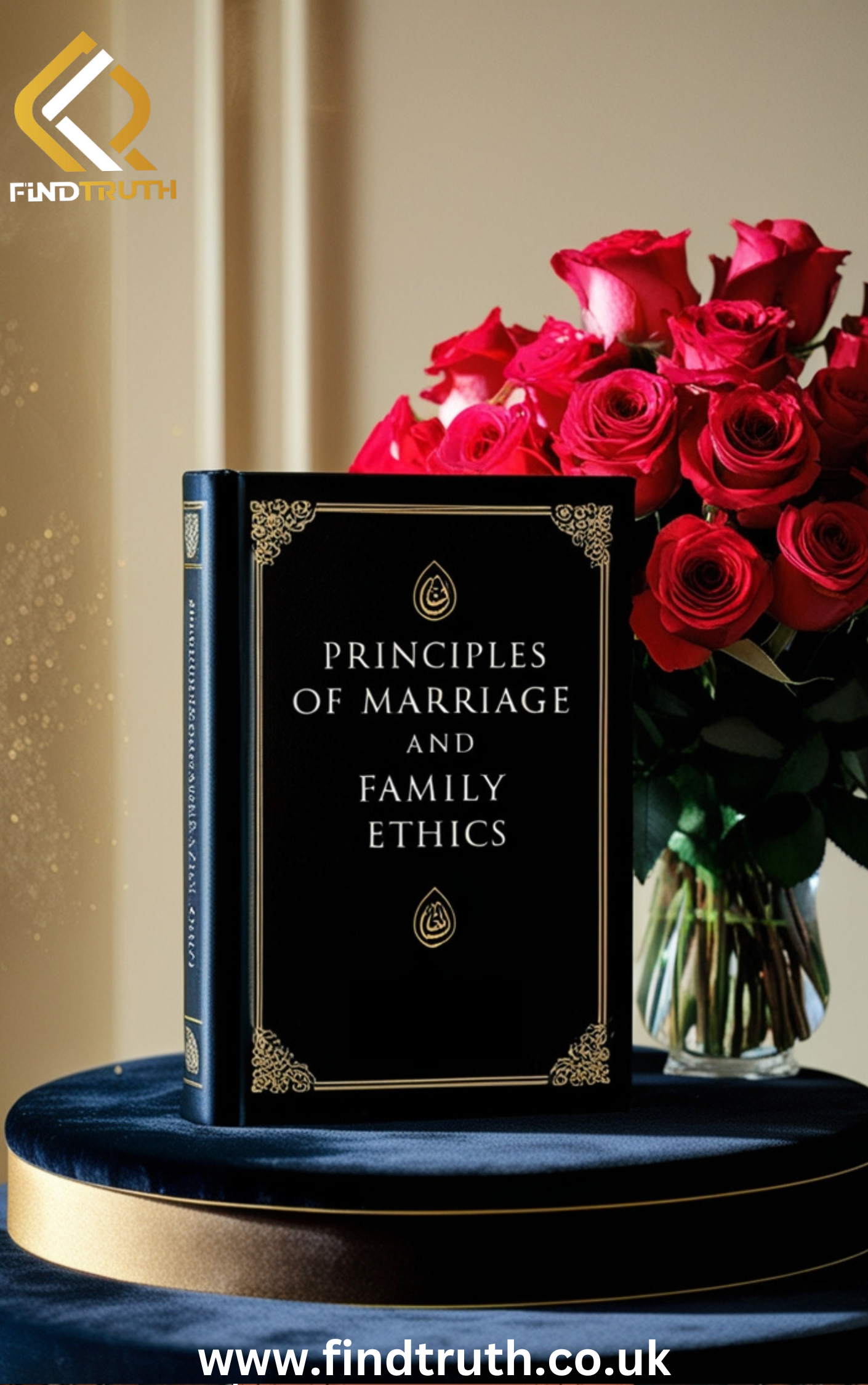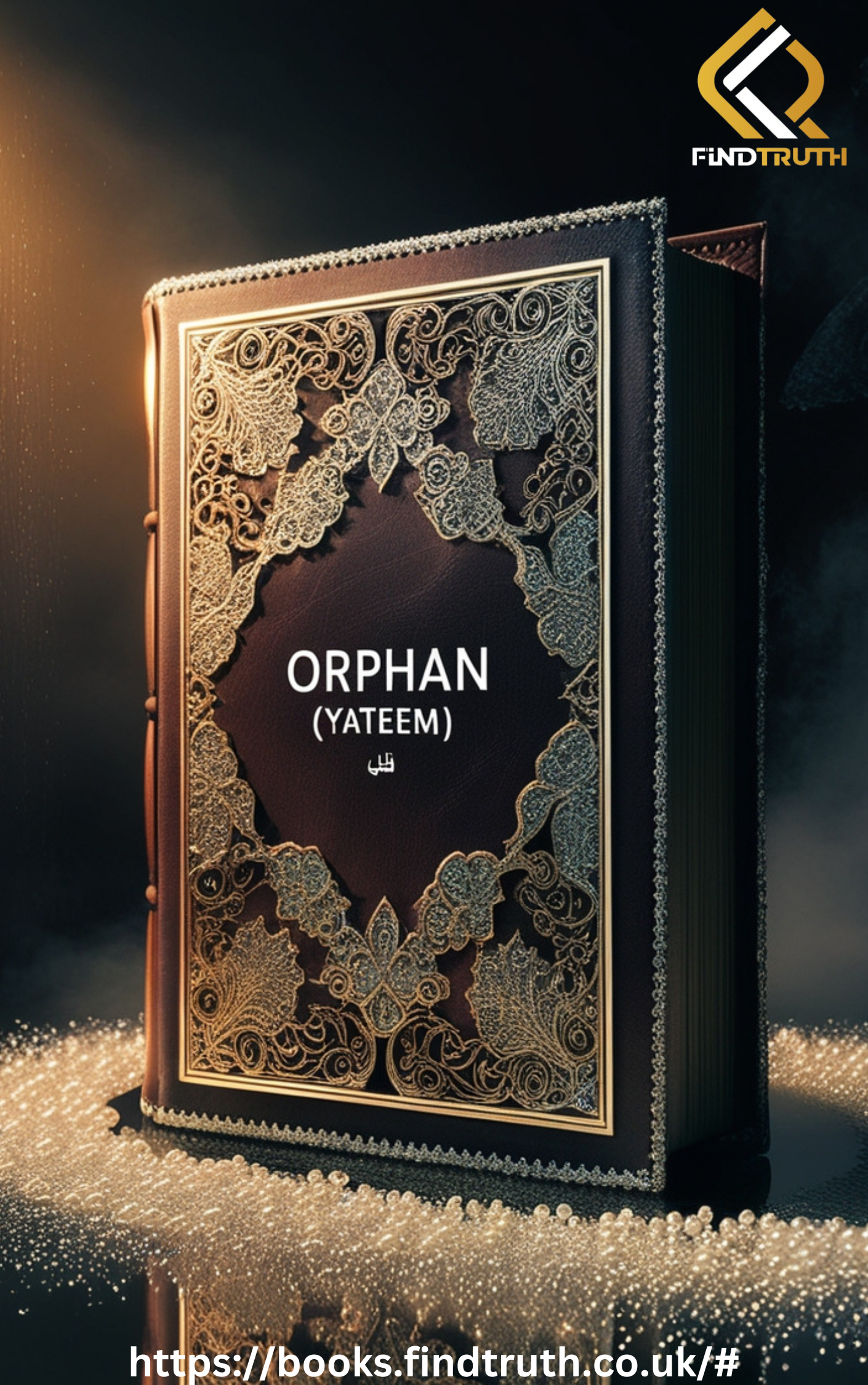
- Beliefs
-
Muslim Practices
- Salah (Daily Prayers)
- Sawm (Fasting)
- Hajj (Pilgramage to Makkah)
- Zakah (Charity Giving)
- Khums (Giving One-Fifth of Annual Saving)
- Jihad (Striving in the Way of God)
- Amr bil Ma'ruf (Encouraging Good)
- Nahy 'an al-Munkar (Stopping Evil)
- Tawalla (Loving the Prophet & His Family)
- Tabarra (Disassociating from the Enemies of the Prophet and His Family)
- Islamic Education
-
Akhlaq - (Ethics)
-
Quran & Sciences
-
Islamic History
-
Socio-Cultural
- Islamic Holy Places
-
Supplications
- Home
- Feature Selections ★
- Beliefs 🛐
-
Muslim Practices ☪️
- Salah (Daily Prayers)
- Sawm (Fasting)
- Hajj (Pilgramage to Makkah)
- Zakah (Charity Giving)
- Khums (Giving One-Fifth of Annual Saving)
- Jihad (Striving in the Way of God)
- Amr bil Ma'ruf (Encouraging Good)
- Nahy 'an al-Munkar (Stopping Evil)
- Tawalla (Loving the Prophet & His Family)
- Tabarra (Disassociating from the Enemies of the Prophet and His Family)
- Islamic Education
-
Akhlaq - Ethics 🔑
- Quran and Sciences 📖
-
Islamic History
- Socio-Cultural
- Islamic Holy Places
- eBooks
- Temporary Marriage In Islamic Law
Temporary Marriage In Islamic Law
"Temporary Marriage in Islamic Law" provides an in-depth examination of the concept, practice, and legal framework of temporary marriage (Mut'ah) in Islam. This book delves into its origins, tracing the practice back to the time of the Prophet Muhammad (PBUH), and explores its Quranic basis, Prophetic traditions, and interpretations by Islamic scholars. It addresses the conditions, rights, and responsibilities of both parties in a temporary marriage, providing clarity on its spiritual, social, and legal dimensions.
The book also discusses the differing views among Islamic schools of thought, highlighting both its advocates and critics. It offers a balanced perspective on how temporary marriage serves as a lawful solution in certain circumstances while addressing misconceptions surrounding its purpose and practice. This comprehensive guide is ideal for scholars, students, and readers interested in understanding the nuanced aspects of Islamic family law.










